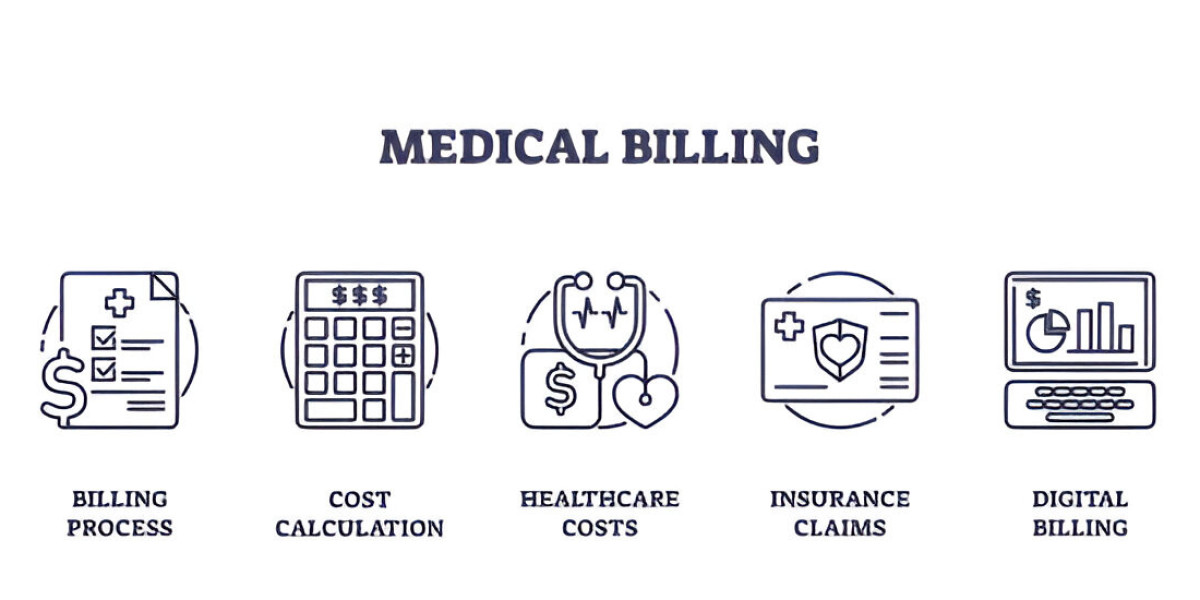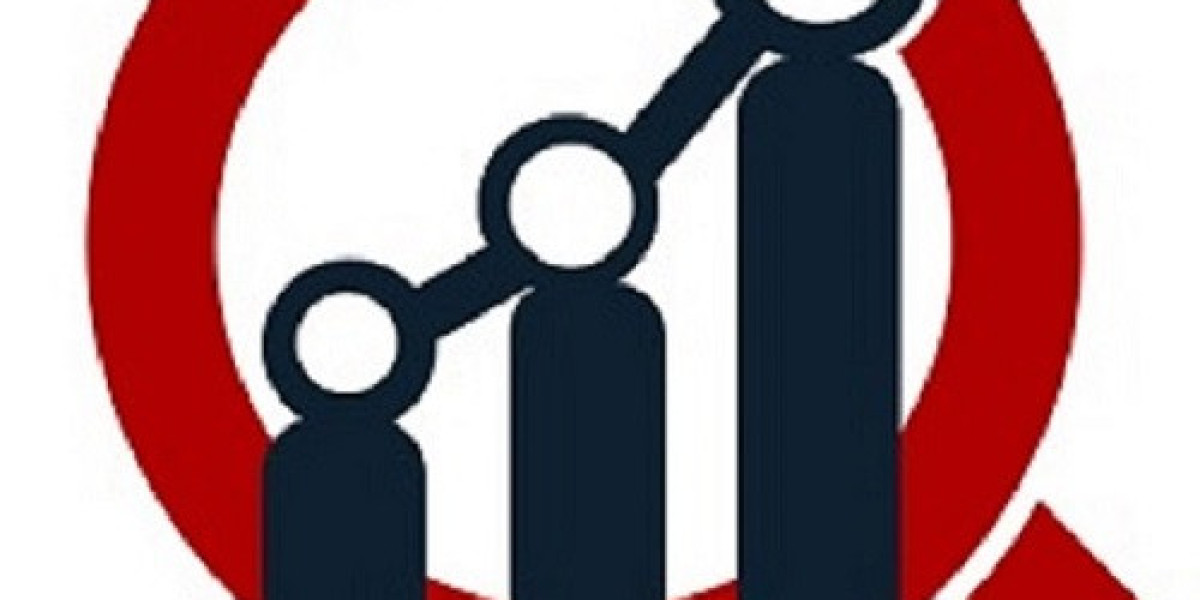As the global population ages, healthcare providers specializing in ENT (Ear, Nose, and Throat) and geriatrics are seeing increased demand for services. But along with clinical complexity comes administrative burden—particularly in billing and reimbursement. Treating aging patients often involves chronic conditions, frequent visits, and specialized procedures, all of which require a tailored billing approach to ensure accuracy, compliance, and profitability.
Why Specialized Billing Matters in ENT and Geriatric Care
Billing for older adults is more than just submitting claims—it’s about navigating:
Medicare and supplemental insurance coordination
Chronic condition management
Procedures requiring advanced documentation
Frequent visits with overlapping diagnoses
Complex diagnostic coding and modifier usage
Without expertise in these areas, providers risk high denial rates, underpayments, and audit exposure.
ENT Billing Challenges in Aging Patients
Otolaryngologists (ENT specialists) serve a large number of elderly patients who suffer from age-related conditions such as hearing loss, sinusitis, dysphagia, vertigo, and head & neck cancers.
Multiple Diagnoses and Procedures
Otolaryngology Medical Billing Services often involves multiple procedures in a single visit (e.g., audiometry, nasal endoscopy, and tympanometry). Proper modifier usage (like -59, -51, or -25) is essential to differentiate services and avoid bundling errors.Audiology and Hearing Aid Services
Medicare generally does not cover routine hearing aids, but diagnostic audiology may be covered with specific ICD-10 codes (e.g., H91.90 – Unspecified hearing loss). Billers must:
Confirm medical necessity
Use appropriate CPT codes (e.g., 92557 for audiometry)
Distinguish between diagnostic and non-covered services
- Endoscopy and Surgical Coding
Procedures like flexible laryngoscopy (CPT 31575) or nasal endoscopy (CPT 31231) require:
Pre-authorization for certain payers
Accurate documentation of findings and purpose
Awareness of global surgical periods for bundled care
Geriatric Billing Challenges
Geriatric care is holistic and continuous, dealing with frailty, polypharmacy, dementia, falls, and multi-system comorbidities. Billing accurately requires deep understanding of:
Time-based codes for complex care
Chronic care management (CCM) and transitional care management (TCM)
Advanced care planning (ACP) documentation
- Chronic Care Management (CCM)
Billing for CCM (CPT 99490) requires:
20+ minutes of non-face-to-face care coordination per month
Consent from the patient
A documented care plan
This service improves patient outcomes and adds revenue—yet many providers fail to bill for it due to documentation gaps.
- Evaluation and Management (E/M) Complexity
Elderly patients often present with multiple complaints, requiring longer visits and more complex decision-making. Providers must ensure:
Proper coding (e.g., CPT 99214 or 99215)
Documentation of medical decision-making (MDM)
Use of prolonged services codes (99417) when applicable
- Care Transitions and Hospital Follow-Ups
Post-discharge visits are reimbursable through TCM codes (99495, 99496), which:
Require outreach within 2 days
Must include in-person follow-up within 7–14 days
Are often missed due to tracking issues
Insurance and Credentialing Considerations
Aging patients are primarily covered by:
Traditional Medicare
Medicare Advantage Plans
Medicaid (dual eligibles)
Supplemental and retiree plans
To bill accurately:
Providers must be credentialed with Medicare and major Medicare Advantage networks.
Billers must be able to coordinate benefits, avoid duplicate billing, and manage secondary claims.
Credentialing delays can directly impact reimbursement timelines. Working with expert medical billing and credentialing services ensures fast enrollment and ongoing compliance.
Common CPT Codes in ENT and Geriatric Billing
ENT Codes:
CPT Code Description
92557 Comprehensive audiometry
31231 Nasal endoscopy
31575 Flexible laryngoscopy
92567 Tympanometry
99213–99215 E/M codes for established patients
Geriatric Codes:
CPT Code Description
99490 Chronic care management (CCM)
99495–99496 Transitional care management (TCM)
99497 Advance care planning
99214–99215 Office visit (moderate to high complexity)
99417 Prolonged E/M services
The Role of Tailored Revenue Cycle Management (RCM)
Specialty-focused RCM solutions help ENT and geriatric providers:
Improve first-pass claim acceptance with clean, compliant submissions
Reduce denials through better documentation and code usage
Maximize patient collections with senior-friendly Otolaryngology and Geriatric Medical Billing Services tools
Track visit frequency, especially for recurring services
Stay ahead of changing Medicare rules and billing policies
Key Benefits of Specialty Billing for Aging Populations
✅ Higher Reimbursements – With precise coding and supporting documentation
✅ Fewer Denials – Thanks to accurate modifier use and benefit verification
✅ Improved Compliance – With Medicare and supplemental plan requirements
✅ Better Patient Experience – Through clear billing communication and support
✅ Smoother Credentialing – Faster access to payer networks
Final Thoughts
Billing for ENT and geriatric care is not just about codes—it’s about understanding the medical, financial, and regulatory complexities of caring for an aging population. Whether you’re treating chronic sinusitis in seniors or managing multiple comorbidities in long-term geriatric patients, your revenue cycle depends on a tailored, proactive billing approach.
Partnering with experts in medical billing and credentialing services ensures that providers can focus on delivering compassionate care—while experienced teams handle the financial side with accuracy and professionalism.








